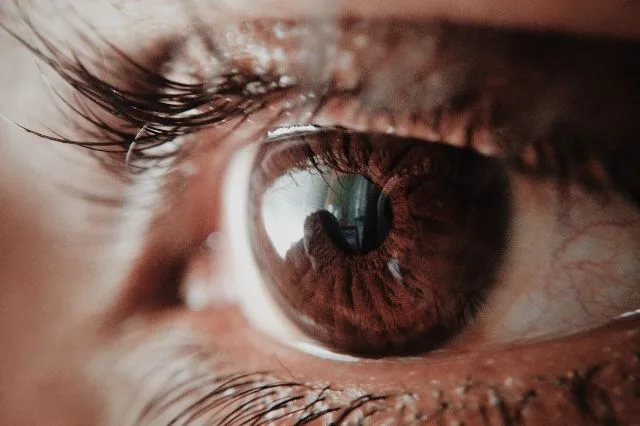Diabetes has reached epidemic proportions, and the loss of vision due to diabetic eye complications is rising.
According to the International Diabetes Federation, 10.5% of the adult population between the ages of 20 and 79 are living with diabetes. This number is projected to rise to 43% by 2045 if no effective interventions are implemented.
Diabetes and Vision
Diabetic retinopathy is the leading cause of blindness among working-age individuals. Among people with diabetes, 27% will develop diabetic retinopathy, yet not enough patients undergo yearly eye screening.
Early detection, improved access to treatment, and enhanced patient education are key to addressing this issue.
Diabetes is one of the costliest health problems in the world and poses a socio-economic burden on the global economy. Costs include:
- Direct costs of medical care
- Loss in productivity due to inability to work
- Sickness
- Absence
- Vision loss
- Disability
- Premature retirement and premature death
- Physical and psychological pain or suffering
We need a concerted effort from government and primary healthcare structures to raise awareness of the issue and promote lifestyle modification, healthy eating habits, and exercise, specifically targeting children and young adults.
This awareness should include the need for regular screening to detect diabetes as early as possible.
How does diabetes affect vision?
Diabetes is a chronic metabolic disorder characterized by elevated blood sugar levels, and one of the most severe complications of diabetes is diabetic retinopathy.
This is a progressive eye disease that damages the blood vessels in the retina – the light-sensitive layer of tissue in the back of your eye that detects light and sends signals to your brain through the optic nerve in the back of your eye – potentially leading to vision impairment or blindness.
Diabetic retinopathy damage is often permanent or only partly reversible, so more urgent to treat it timeously. It typically presents no symptoms in its early stages. By the time symptoms become noticeable, the disease may have already advanced to a stage where vision loss is irreversible.
Research has demonstrated blindness, due to diabetes, is preventable with early diagnosis, optimization of risk factors, and timely treatment where appropriate. Early detection is cost-effective. Unfortunately, late detection can result in costly treatment and a significant increase in patient disability.
In the later stages of diabetic retinopathy, the blood vessels in the retina start to bleed into the vitreous – the gel-like fluid that fills your eye. Dark, floating spots that look like cobwebs will begin to appear.
If left untreated, scars can form in the back of the eye and the blood vessels could start to bleed again, increasing the risk of vision loss.
Protecting your vision with diabetes
Treatment options include, depending on the advanced stage of vision loss, laser therapy, intravitreal injections. and surgery.
I urge everyone to start looking after their health to prevent diabetes in the first place. I recommend:
- Reducing weight
- Regular exercise of at least 30 minutes a day such as walking, gardening, or more advanced such as going to the gym
- Limiting alcohol consumption
- Stopping smoking
- Adding more fruit, vegetables, and whole grains into one’s diet
- Avoid sugary drinks and food, as well as processed foods
- Yearly examination to screen for diabetes
Bottom line
If you have a diabetes diagnosis, an annual retinopathy screening is recommended, which involves retinal imaging. These photographic screenings could also predict the risk of stroke, heart attack, peripheral nerve disease, heart failure, amputation, and kidney disease earlier.
To screen for diabetes, visit your local clinic or GP and if you have been diagnosed with Type 1 or Type 2 diabetes, screen your eyes yearly at one of the many eye care centers in your area.
MAIN IMAGE CREDIT: Photo by Subin
Who is the author?

Prof. Linda Visser
Prof. Linda Visser is a Physician-Scientist with an interest in clinical ophthalmology research. She is also a board member of the Ophthalmological Society of South Africa (OSSA) and a public sector vitreoretinal surgeon.





![women [longevity live]](https://longevitylive.com/wp-content/uploads/2020/01/photo-of-women-walking-down-the-street-1116984-100x100.jpg)









